Local & Sustainable Procurement
Ingredients Matter for People, for the Planet, & for Regional Resilience
The mission of UMass Dining is to contribute to the campus life experience by providing a variety of flavorful meals featuring local, regional, and world cuisine in a sustainable and environmentally conscious manner that supports human and planetary health.
PROMOTING
LOCAL AND SEASONAL MENUS & PURCHASING
SUPPORTING
BIODIVERSITY & HABITAT PROTECTION
IMPROVING
ANIMAL WELFARE
UTILIZING
SUSTAINABLE SEAFOOD
COMMITING TO
INGREDIENT TRANSPARENCY
Local for UMass
For UMass, local food means ingredients and products that are sourced from producers located in Massachusetts, the New England States, and within a 250-mile radius around the University.
Priority #1: within the state of Massachusetts (left)
Priority #2: within the New England region (center)
Priority #3: within a 250-mile radius of UMass (right)
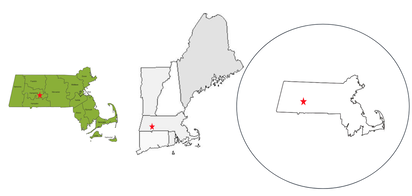
Left: Priority #1 | Center: Priority #2 | Right: Priority #3
Local at UMass Dining
The mission of UMass Dining is to contribute to the campus life experience by providing a variety of healthy and flavorful meals featuring local, regional, and world cuisine in a sustainable and environmentally conscious manner.
UMass Dining buys local because:
- We value environmental and social responsibility as tools for making a positive impact in our community
- We have observed a demand from our students to purchase Real Food, so we take an interest in giving students what they're asking for, thereby increasing student satisfaction
- By using creative purchasing strategies, we often find that locally sourced items can be competitively priced with items that we would otherwise source from mainline vendors
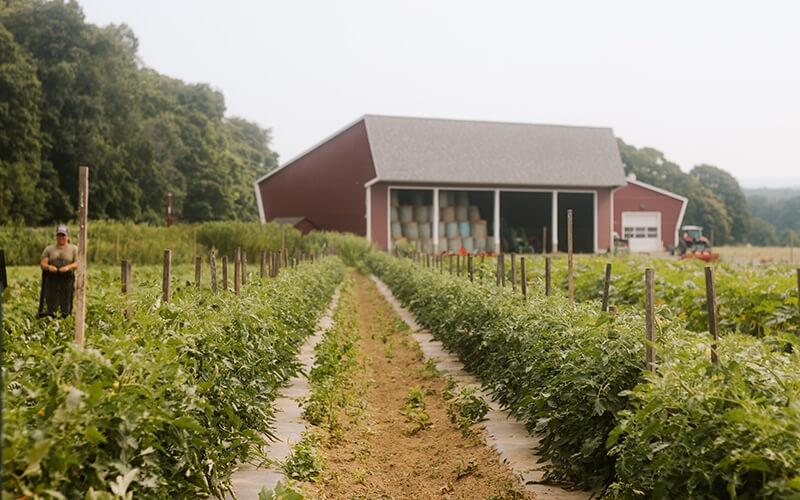
The Environmental Issue
The agricultural sector is the second highest source of greenhouse gas (GHG) emissions in the U.S. We are already experiencing increased volatility in our weather patterns and extremes are becoming the new norm. Rather than arguing about climate change, we need to adapt and create a more localized and sustainable food system
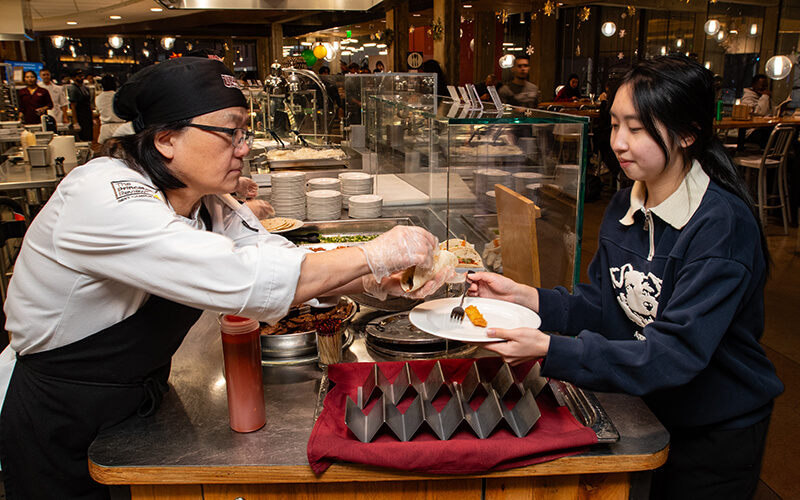
The Public Health Issue
To reverse these trends, we will:
Reduce consumption of red meat, processed and fatty foods, corn syrup, & sodium in our Residential Dining Commons and increase consumption of fruits, vegetables, healthy beverages and more
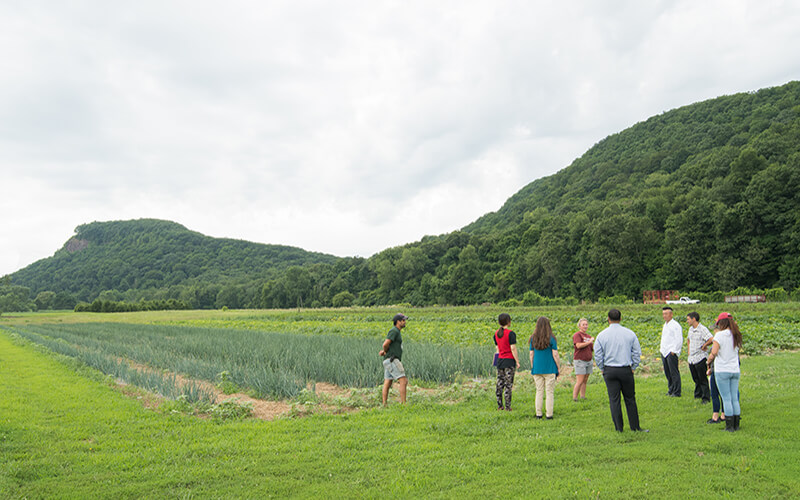
The Food Quality Issue
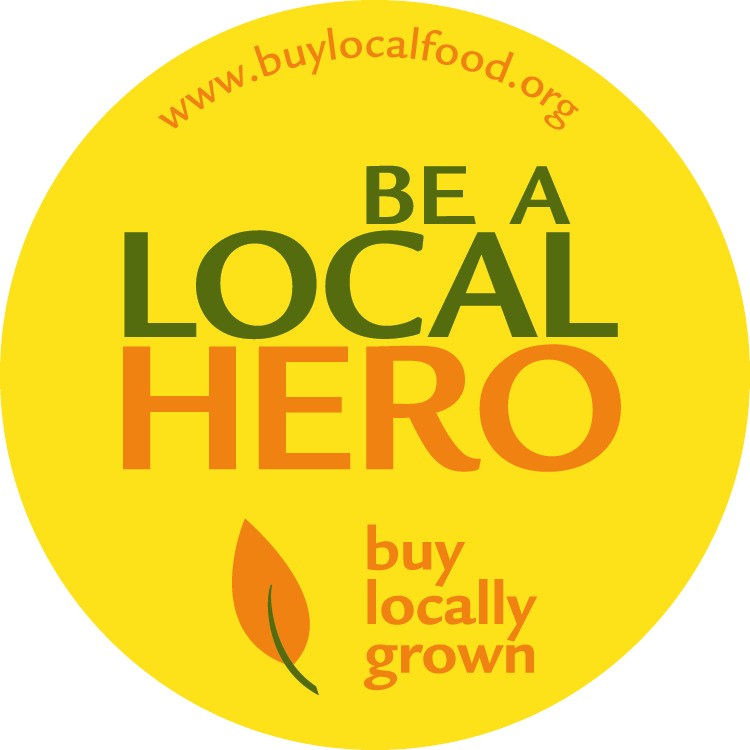
Why Buying Local Matters
- Keeps money in the local economy
- Preserves family farms
- Reduces oil-dependent transportation costs
- Protects our local landscapes
- Ensures that fresh, healthy food stays available and affordable to all
Visit Community Involved in Sustaining Agriculture (CISA)
